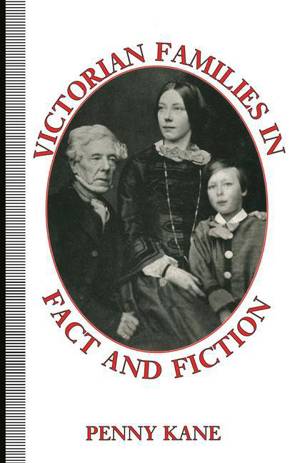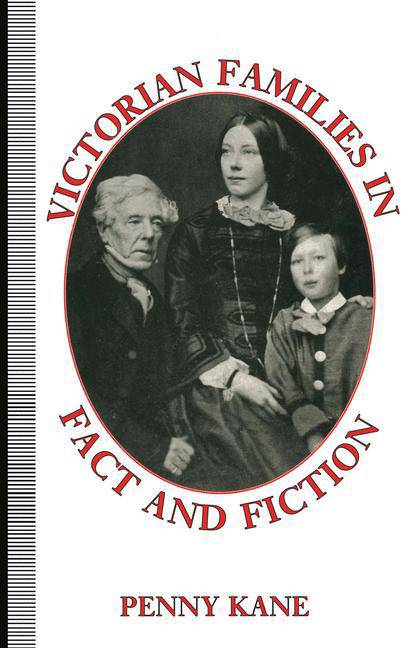
- Afhalen na 1 uur in een winkel met voorraad
- Gratis thuislevering in België vanaf € 30
- Ruim aanbod met 7 miljoen producten
- Afhalen na 1 uur in een winkel met voorraad
- Gratis thuislevering in België vanaf € 30
- Ruim aanbod met 7 miljoen producten
Zoeken
Omschrijving
'The book has two striking strengths. The first is its exhaustive use of ... literature, autobiographies and biographies to make up for the lack of survey findings... The second is the concept of 'family fluidity' in a period before the sanctification of the nuclear family.' - John C. Caldwell, Health Transition Review The nineteenth-century transition to a small family size in the Western world was unprecedented, and the reasons people began to have fewer children are still not clear. Using contemporary novels, letters, biographies and poetry, this book brings forward the voices of the past to give their own comments and views on a wide range of issues which may have influenced that decision. Individuals in fact and fiction discuss families, love and marriage, as well as childbearing, child survival and what children meant to them - and their reactions to unwanted pregnancies. Their experiences reflect and amplify the demographic evidence of the period, and add life to the statistics. In the same way, their perspectives on education, religion and the ideas and controversies of the period, as well as on social mobility and social change, provide personal notes to the historical background against which their voices are heard.
Specificaties
Betrokkenen
- Auteur(s):
- Uitgeverij:
Inhoud
- Aantal bladzijden:
- 172
- Taal:
- Engels
Eigenschappen
- Productcode (EAN):
- 9780333674161
- Uitvoering:
- Paperback
- Afmetingen:
- 139 mm x 217 mm

Alleen bij Standaard Boekhandel
+ 126 punten op je klantenkaart van Standaard Boekhandel
Beoordelingen
We publiceren alleen reviews die voldoen aan de voorwaarden voor reviews. Bekijk onze voorwaarden voor reviews.











